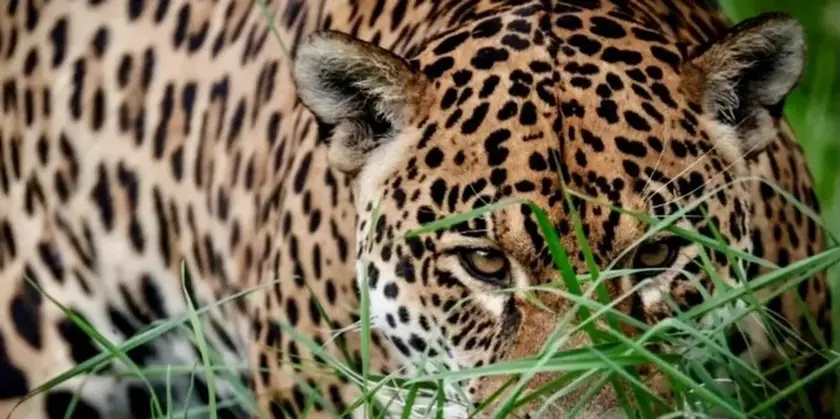T4K3.news
Antarctica Phytoplankton Shift Threatens Global Carbon Sink
A long term study finds Antarctic phytoplankton are shifting from diatoms to smaller algae with potential impacts on the carbon cycle and marine life.
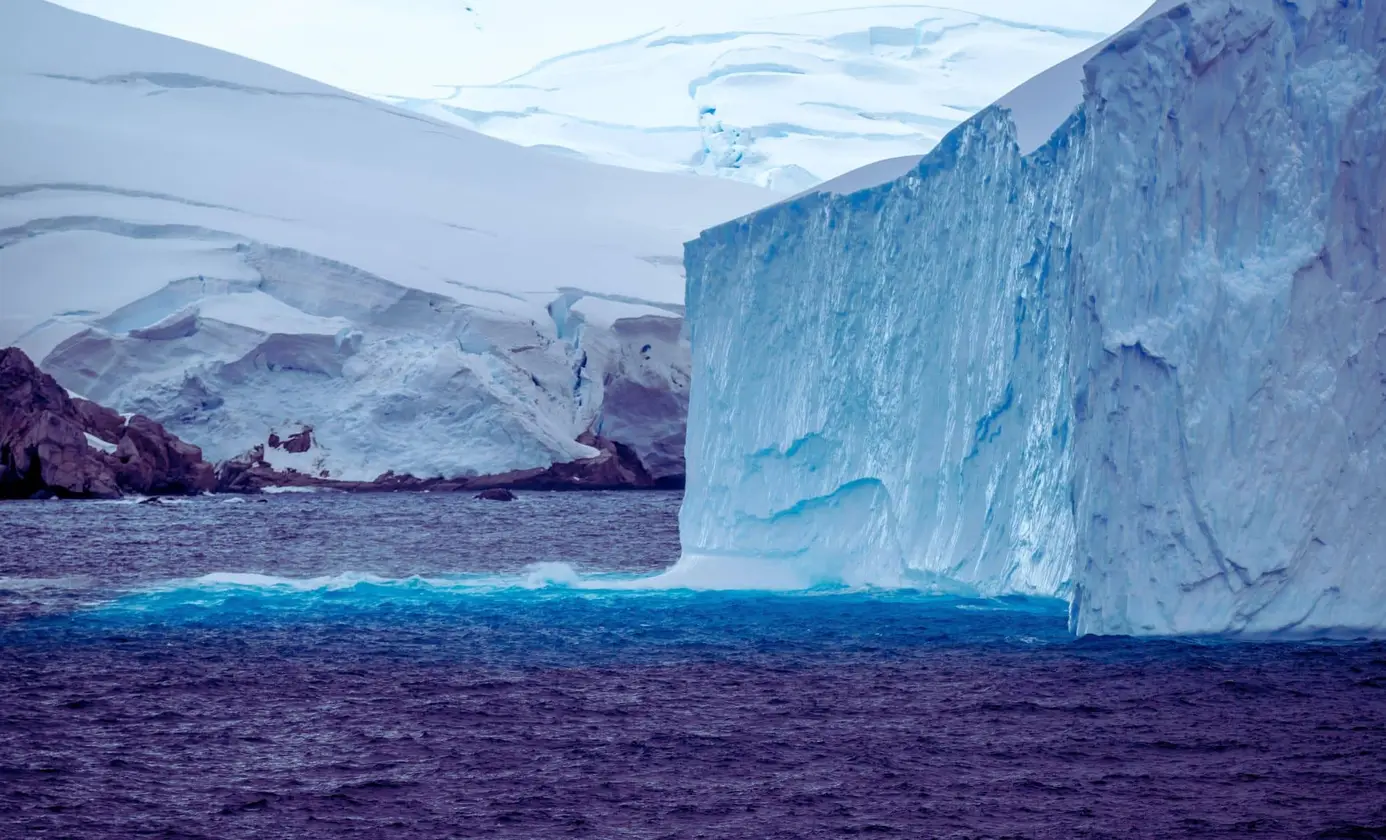
A long term study shows Antarctic phytoplankton are shifting from diatoms to smaller algae with potential impacts on the carbon cycle and marine life.
Antarctica Phytoplankton Shift Threatens Global Carbon Sink
A Nature Climate Change study examined more than 14 000 field samples from the Southern Ocean collected between 1997 and 2023. It finds a clear shift in Antarctic phytoplankton, with diatoms, the energy rich producers that feed krill, declining as smaller groups such as haptophytes and cryptophytes rise. The change signals a reorganization of the base of the Antarctic food web and could alter energy flow to larger animals and to the ocean carbon pump.
The shifts appear linked to changes in iron availability and sea ice. Diatoms depend on iron, and as iron levels fall they falter while other algae prosper. That mix could weaken carbon transport to depth, since diatoms are effective at sinking carbon. The study also notes that salps graze more on the new algae, potentially altering energy transfer up the food chain. The team combined long term field data with satellite observations and machine learning to map these trends.
Key Takeaways
"We may be witnessing a fundamental reorganization of life around Antarctica."
Lead author describing broad ecosystem shifts at the base of the food web
"The carbon dioxide that would otherwise be stored in the deep ocean could now be released back into the atmosphere."
Study highlights potential climate feedback from carbon cycle changes
"Diatoms were replaced by smaller algae that salps easily graze"
Observation of species shift affecting energy transfer
These results highlight how closely the climate fate of the planet depends on life at the base of the food web. If the Southern Ocean carbon pump weakens, warming could accelerate. The work adds urgency to monitor polar ecosystems and their carbon flux over time.
The study also shows the value of patient science. Years of samples, decades of data, and new data tools together reveal signals that could guide future research and monitoring programs. It is a reminder that tiny organisms can shape global climate.
Highlights
- Antarctica is rewriting its own food web
- Smaller algae rise and the ocean carbon pump falters
- Iron drops diatoms retreat and the energy web shifts
- Salps thrive on new greens but the energy chain falters
Scientists will keep watching the Southern Ocean as it quietly tests the climate system.
Enjoyed this? Let your friends know!
Related News
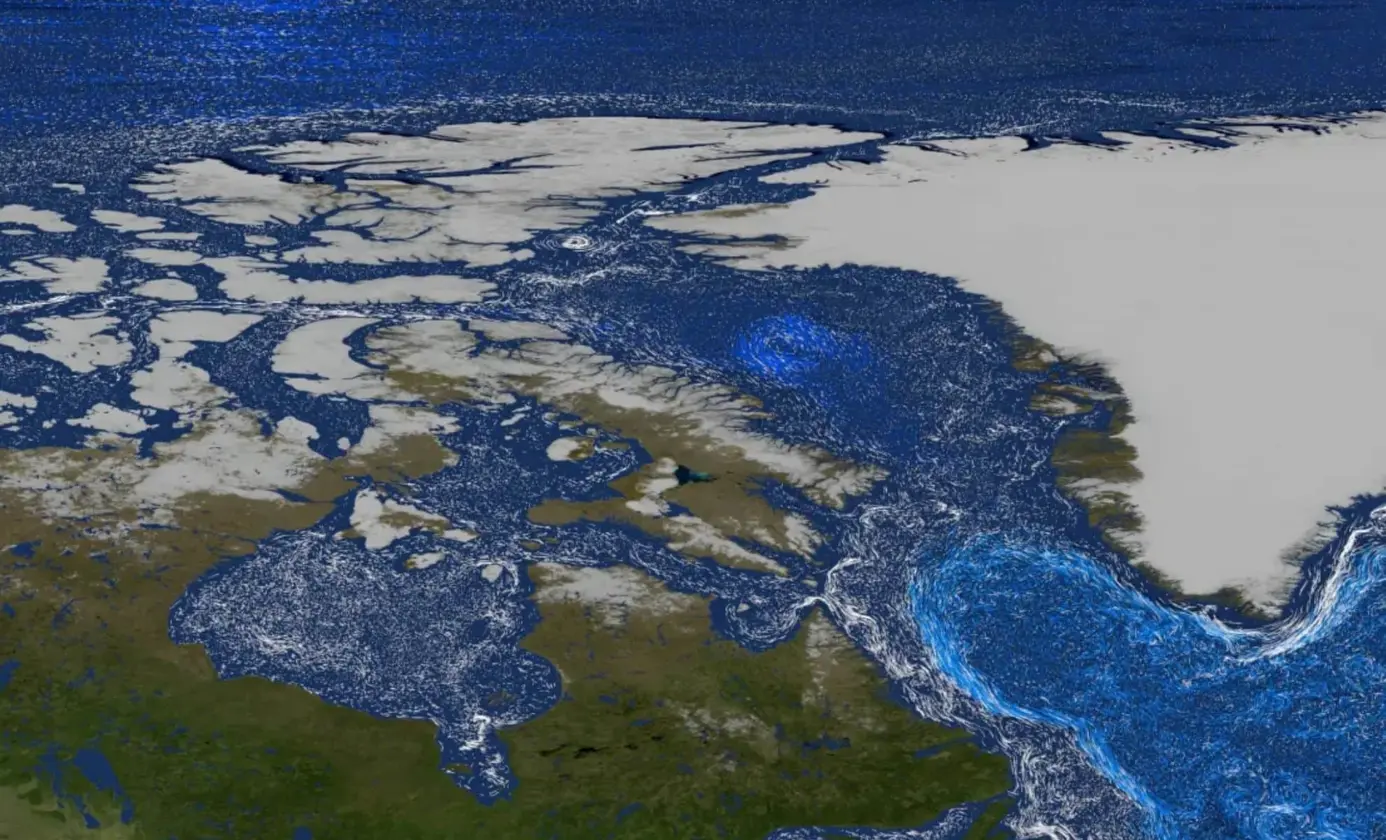
NASA Reports on Greenland's Glaciers and Marine Life
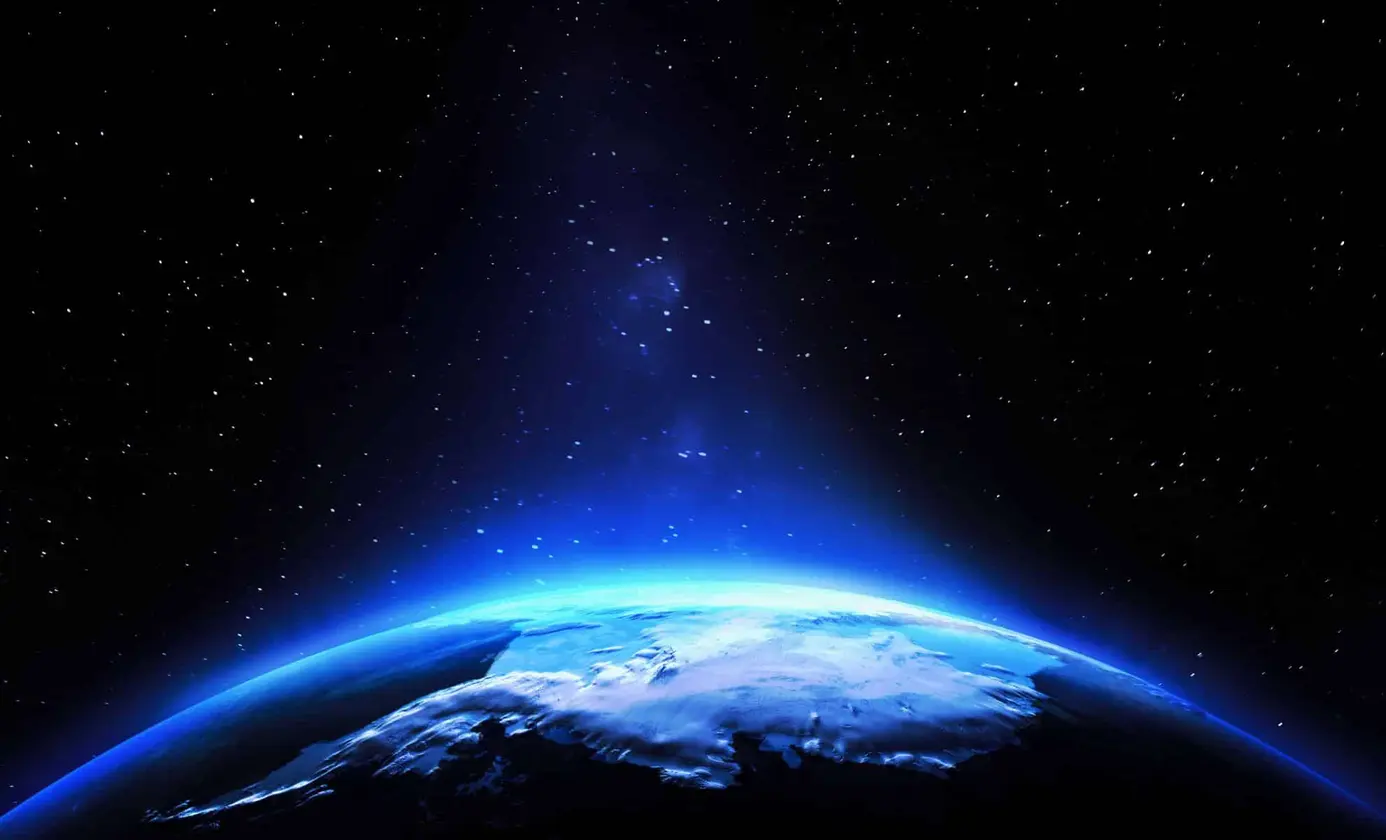
Antarctic glow explained by plankton
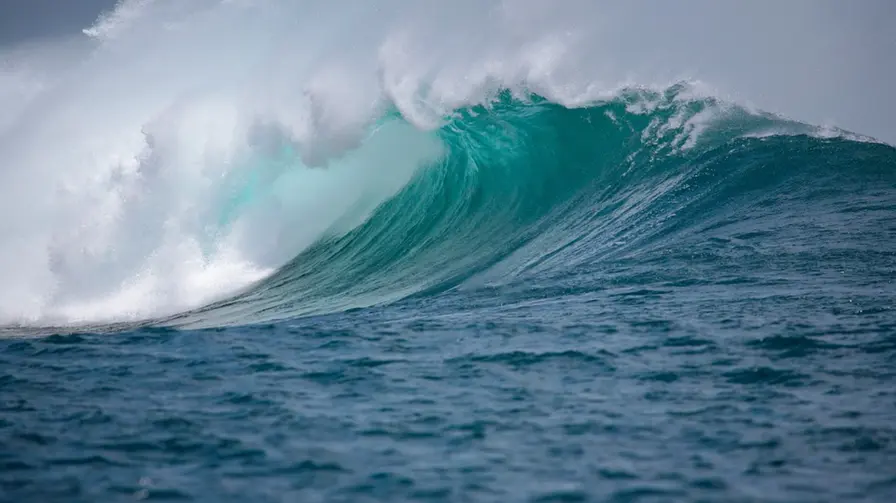
Southern Ocean's circulation shows unexpected reversal
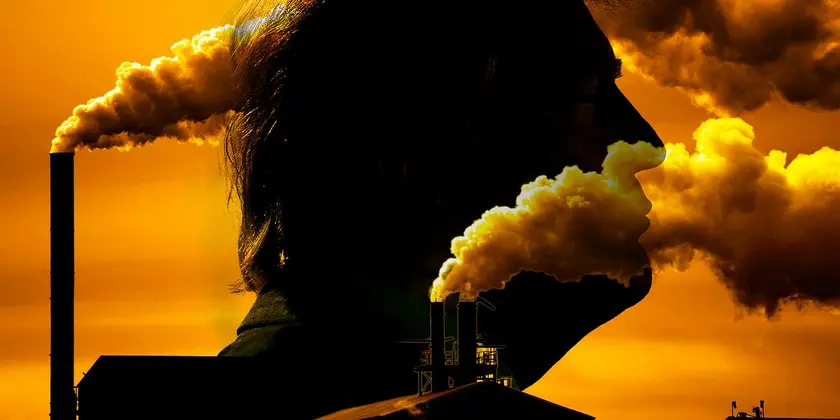
EPA Plans to Revoke Greenhouse Gas Regulations
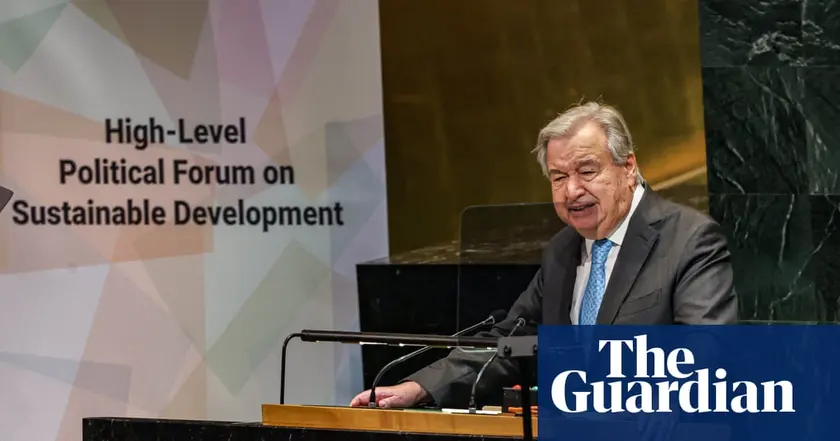
UN chief announces shift towards renewable energy
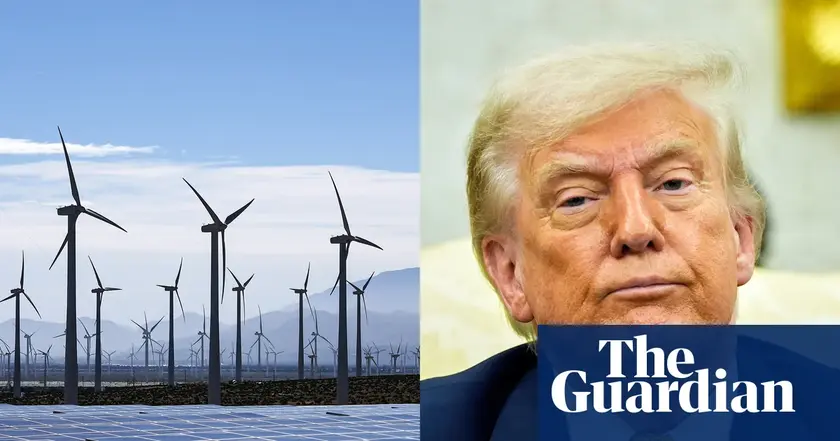
Trump continues anti-renewable stance in Scotland

Trump secures trade agreements amid tariff increases
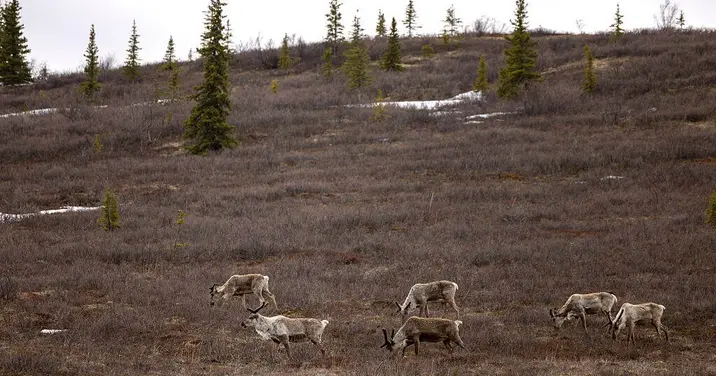
Arctic reindeer at risk as study warns of sharp declines
